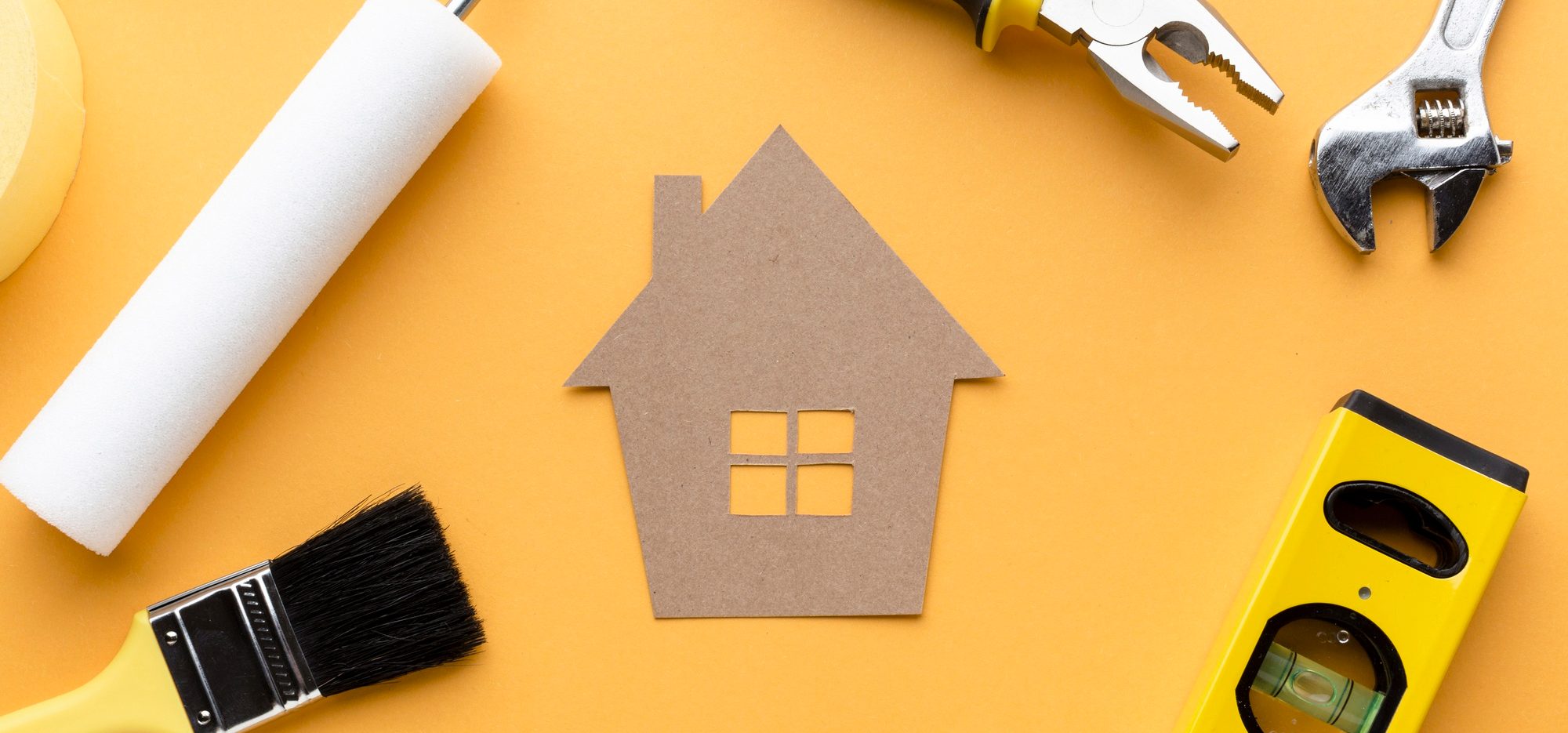Buying a home is one of the most significant financial steps your family will take. For large families, the process can be even more complex. You need a space that meets everyone’s needs, but you also must make sure the purchase fits your budget. A well-planned budget will guide you through the housing market and help you make smart decisions without unnecessary stress.
Monthly Income Sources
Start with a clear picture of your monthly income. Add up every source of income, such as salaries, side jobs, or rental income. This gives you the base amount you can work with. For large families, even small changes in income can affect your budget. Having an exact number makes it easier to see what you can afford.
Record All Ongoing Expenses
Before you set a budget for buying a home, you need to know where your money goes. List your regular bills, such as utilities, groceries, school fees, transportation, and insurance. Do not forget less frequent expenses such as medical costs or yearly memberships. Large families often have higher monthly spending, so a detailed expense list helps you see how much room you have for a mortgage.
Determine a Manageable Home Purchase Budget
Once you know your income and expenses, set a limit for your housing costs. Many financial experts suggest keeping your mortgage payment at or below 30 percent of your monthly income. Remember to include property taxes, homeowner’s insurance, and possible homeowner association fees. It is better to set a slightly lower target so you have extra room for unexpected expenses.
Build an Emergency Fund
Unexpected costs happen. It could be a sudden repair, medical bill, or job change. An emergency fund will help you handle these situations without falling behind on your mortgage. Aim to save at least three to six months’ worth of living expenses. For large families, this safety net is even more critical since you have more people depending on the household income.
Begin Building Your Down Payment Fund
The larger your down payment, the smaller your loan will be. This often means lower monthly payments and less interest over time. Start saving early, even before you begin looking for homes. Put the money in a separate account to prevent it from being used for other expenses. If your family receives bonuses, tax refunds, or extra income, add it directly to your down payment savings.
Think Long-Term About Costs
When choosing a home, focus on the long-term costs, not just the purchase price. Consider how much it will cost to heat or cool the space, maintain the yard, or replace appliances. A bigger home may have more room, but it will also have higher utility and maintenance costs. Be honest about what you can maintain without straining your budget.
Conclusion
A clear budget is the foundation for a successful home purchase, especially for large families. By tracking your income and expenses, saving early, and planning for both short-term and long-term costs, you give your family the best chance to thrive in a new home. If you are ready to begin your search in Nevada, visit Northwest Realty Group. As a local brokerage, we focus on making the buying process informative, efficient, and as stress-free as possible for you and your family.





